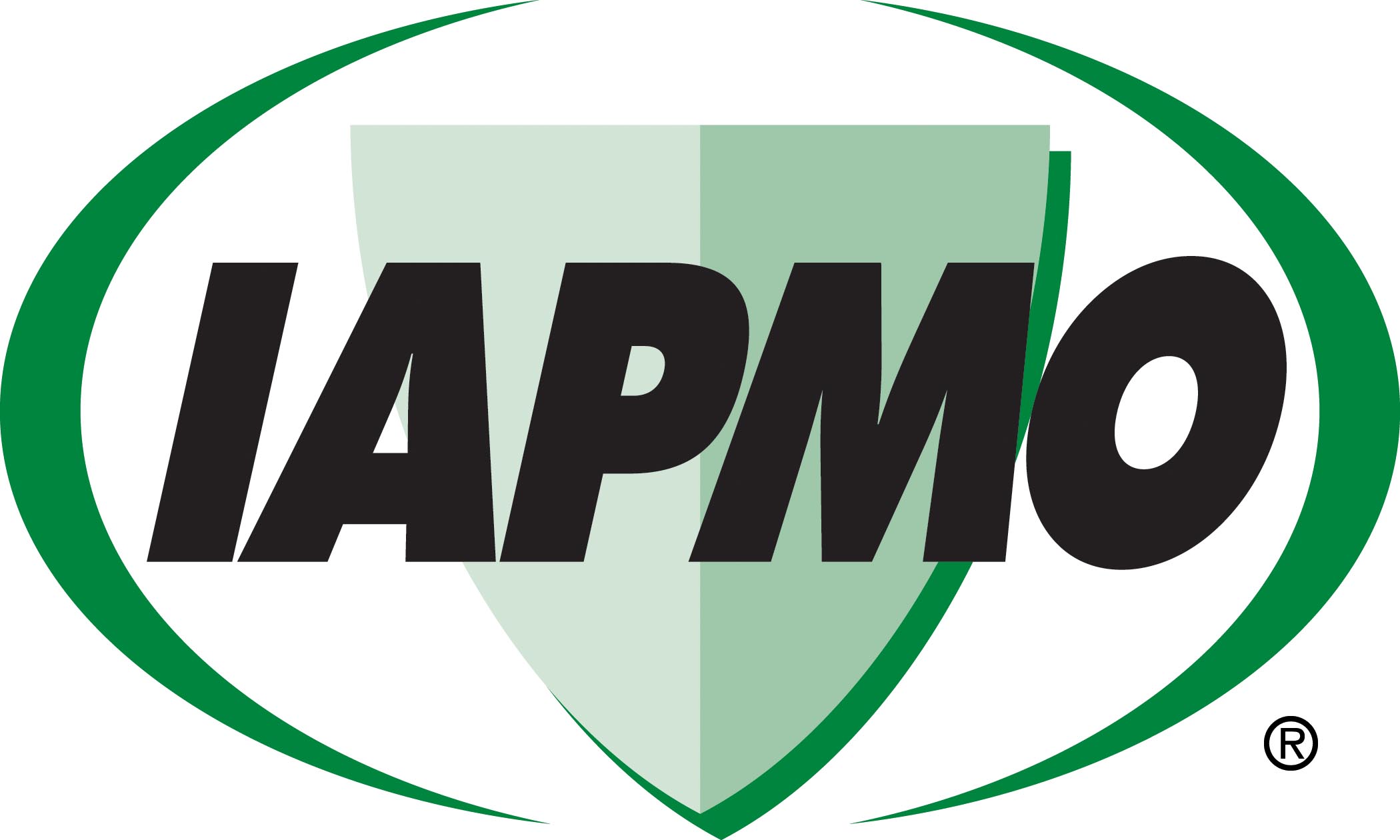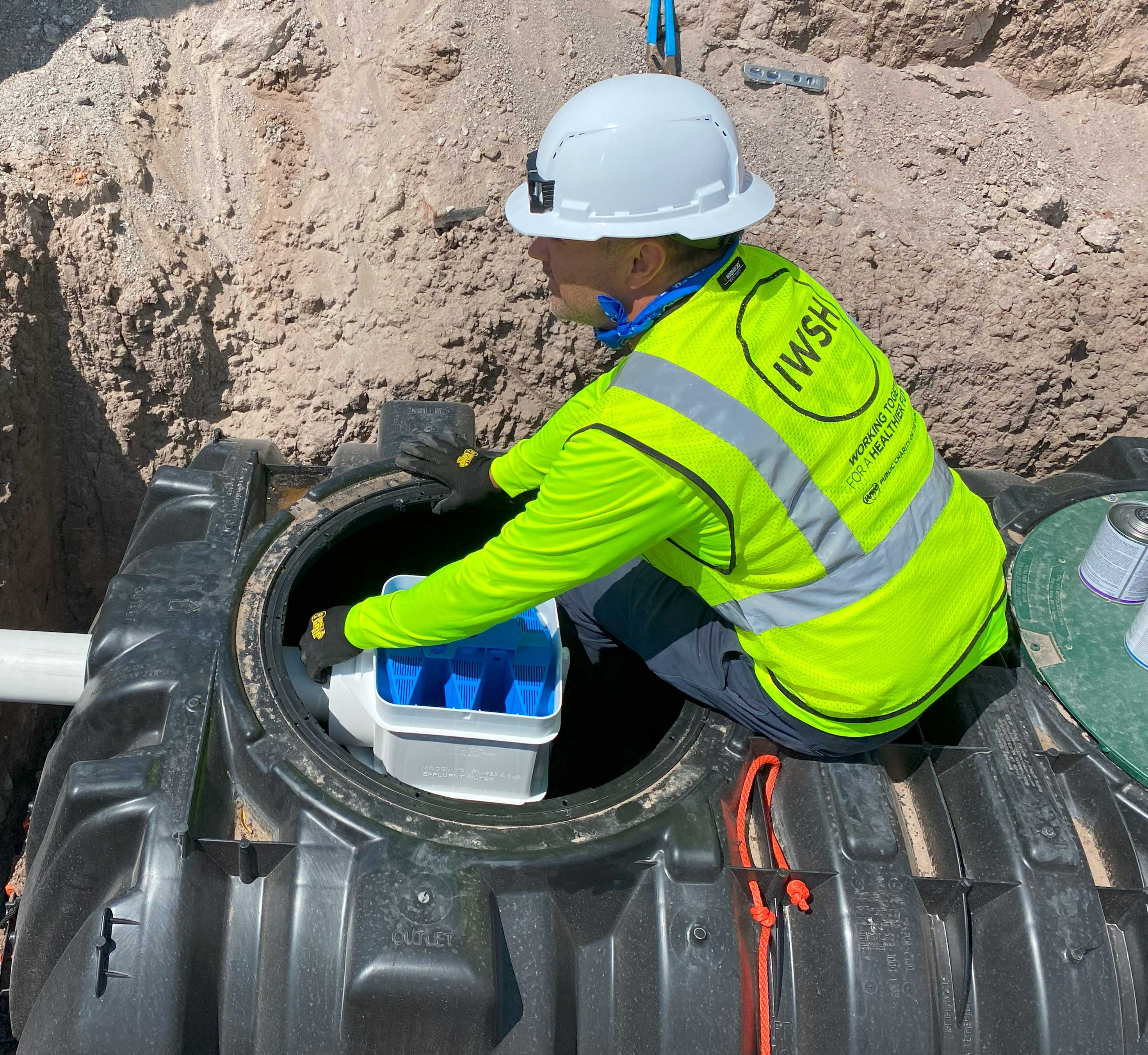Baca-Prewitt, Navajo Nation, New Mexico – As part of its ongoing collaboration with the DigDeep Navajo Water Project, the International Water, Sanitation and Hygiene Foundation (IWSH) recently designed and installed two pressurized mound septic systems in the Baca-Prewitt area of the Navajo Nation, about 40 miles east of Gallup, New Mexico. These two sites will now serve as a demonstration for Navajo Nation authorities and members of the community so they can see how engineered systems could be selected, designed and utilized on the reservation. The community is now also able to learn about the functionality, maintenance, and appearance of pressurized systems.
Navajo Nation is the largest land area held by a Native-American tribe in the U.S. More than 30 percent still don’t have a tap or toilet at home – Navajo are 67 times more likely than other Americans to live without running water or a toilet. The Indian Health Service (IHS) has committed to funding pump trucks for certain Navajo communities and septic tank disposal facilities, but there is a great need to repair or replace failed, conventional septic systems.
“Many of the homes in the Baca area either have failing septic systems or have no system at all,” said Cindy Howe, Navajo Water Project director. “Failed septic systems are affecting the quality of life of Navajo people and will continue to impact the health of the community, particularly for children and the elderly residents who are the most vulnerable. The two demonstration projects IWSH designed and installed help to inform our community and local decision makers about different and effective ways to implement sanitation programs.”
Knowing that soil conditions dictate the type of septic system that would be suitable for the area, IWSH contracted with Sam Woolsey of Woolsey Plumbing in Waupaca, Wisconsin; a licensed soil tester who is also a member of Plumbers & Steamfitters UA Local 400 in Kaukauna, Wisconsin. Woolsey assessed the soil at several homes in the Baca community, and then with DigDeep’s guidance, designed two septic system plans for a four- and five-bedroom home.
“Based on the soil tests, I determined that pressurized, mound systems could work for the two homes,” said Woolsey. “It was incredibly special to be able to bring the mound design – which was invented in Wisconsin – to the families on the reservation. Their systems were failing and creating leach ponds near their houses, but now they have brand-new mound systems to treat all the effluent from their homes.”
Infiltrator Water Technologies, through its distributors at Dahl Plumbing, in Albuquerque, New Mexico, donated the septic tanks and the EZflow synthetic aggregate, which is used to filter the effluent in the drain field. These components, coupled with the exterior plumbing materials purchased from Winsupply of Albuquerque – a long-standing supporter of IWSH’s community plumbing efforts on the Navajo Nation – and the specific washed sand purchased locally, enable the mound systems to treat wastewater from the home. This helps eliminate the leach line ponding that has become a common occurrence for homes in the Baca area.
“It’s important to support access to safe sanitation for homes on the reservation,” said Eric Berquist, senior sales representative at Infiltrator Water Technologies. “With IWSH’s leadership, we were able to get involved and provide tanks and leach field pipes that were used to demonstrate how an engineered septic system can be used in this area of the reservation. The EZflow synthetic aggregate was easy to deliver to the community and replaces washed stone that is expensive and difficult to locate in this region. We are grateful to provide a valuable service to homes where conventional systems have not been working properly.”
Learn more about the DigDeep Navajo Water Project at https://www.navajowaterproject.org/.

IAPMO
IAPMO develops and publishes the Uniform Plumbing Code®,the most widely recognized code of practice used by the plumbing industry worldwide; Uniform Mechanical Code®; Uniform Swimming Pool, Spa and Hot Tub Code®; and Uniform Solar Energy, Hydronics and Geothermal Code™ — the only plumbing, mechanical, solar energy and swimming pool codes designated by ANSI as American National Standards — and the Water Efficiency Standard (WE-Stand)™. IAPMO works with government, contractors, labor force, and manufacturers to produce product standards, technical manuals, personnel certification/educational programs and additional resources in order to meet the ever-evolving demands of the industry in protecting public health and safety.
Last modified: September 6, 2023

